This Saturday marks the end of the third quarter at Chalk. As always when we finish a training cycle we take a week to turn things down a notch and let our bodies recover before we ramp back up into another 12 week program the following week.
So next week we’ll be keeping things light, focusing on mobility and movement generally doing some much needed TLC. We’ll still get a sweat on each session, but nothing too crazy.
DELOADING IS IMPORTANT
Training, by its very nature, is hard on your body. It’s a deliberate stressor. By going beyond our current capacity and then recovering, we adapt to the stress of training. This is essentially what we’re doing in the short term. We train hard then we eat good nutritious food and get lots of sleep and within a couple of days we’re ready to train again.
Sometimes though, particularly during hard training cycles, we can fall behind in our recovery and so we start to get a ‘backlog’ of training overload. If we let this continue without resting we will start to see adverse effects from training such as fatigue, elevated resting heart rate, moodiness, injuries and slew of other side effects. This phenomenon is generally known as overtraining.
It’s quite common for hard-charging or high-level athletes to encounter this state but for everyday folks or training enthusiasts I think it’s something that can be easily avoided through structured and strategic rest periods. At Chalk we take a deload week at the end of each quarter. We train hard for 12 weeks then we back off the intensity for a week.
It should be noted that our system isn’t perfect. Everyone is individual so John Smith might need to take things down a notch after 8 weeks of hard training whereas Jane Doe could push things out to 15 weeks before needing some downtime. Having said that, it’s widely considered that a structured rest week every 3 months or so is about right for most people.
DELOAD BENEFIT #1: FORCED REST
Some folks love training and don’t like taking time off. They’re typically classic type A personalities - overachievers. If they could, they’d push until the wheels came off so having set rest periods is key. For these people, taking a week of can be completely counter intuitive until they realise the benefits gained from resting.
DELOAD BENEFIT #2: IMPROVES YOUR MENTAL GAME
Training can be a lot of fun but it can also feel a like drudgery. Knowing that you have a rest week built into your plan can be serve as a proverbial light at the end of the tunnel. You’ll be able to see there’s a scheduled time to come up for air so keep pushing hard for now, earn the rest.
DELOAD BENEFIT #3: COME BACK FRESH
It’s hard to maintain peak intensity week in and week out. You can expect to see performance drop off as your system fatigues during a training cycle. A deload or rest week gives you a chance to recharge the batteries so you can come back and hit it hard again in the next program.
DELOAD BENEFIT #4: SIDESTEP INJURIES
As mentioned earlier in the article, one of the effects of continuous rigorous training is that it can lead to injury. Taking time to focus on tight or sore spots can help us get out in front of lurking injuries and keep us training longer and harder.
CONCLUSION
Taking a week off periodically should be a part of any intelligently designed training plan. If you train and haven’t taken a rest in a while or think you might be getting overtrained I’d strongly recommend a deload week.
The last point I’d like to make is that ‘rest/deload week’ does not mean ‘lazy week’. Active rest is always encouraged, go for a walk or a hike, do a yoga class, grab your paddle board or play some fun sports. Get outside and have some fun but be sure to give you body a break every now and then, ideally every three months.
If you’re a Chalk member reading this, please make sure you get to classes next week. We’re going to be doing a lot of work on the foam rollers, stretching out and we’ll still get a sweat on with some lower intensity exercise.
